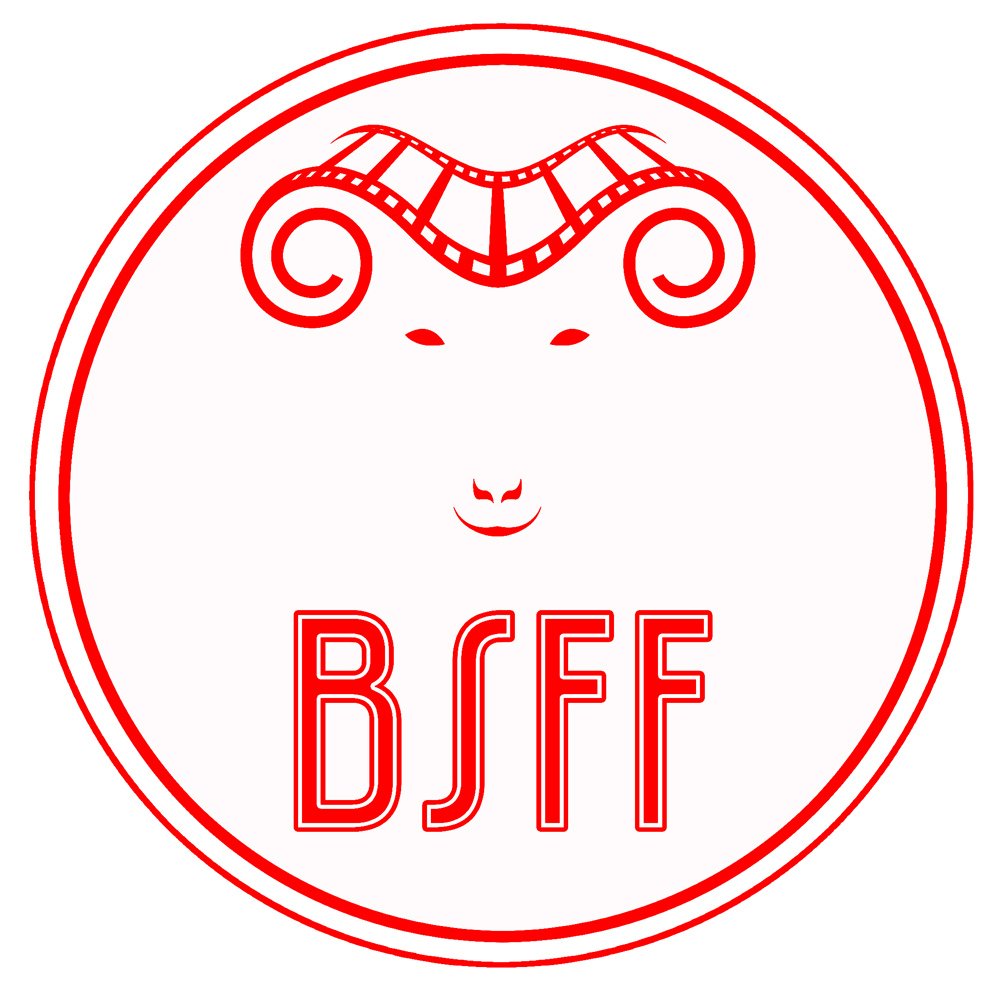Disturbing Metaphor = Good Film Making
S L O W S H U T T E R
| A weekly indy film blog on the BSFF website |
There's a phrase among film directors relating to the editing process. It's simple if morbid. "You got to kill your babies." The metaphor basically means that once you bring your film into post production, whether it's a feature, a short film, or a documentary a director has to be disciplined and know when remove a shot or a scene if it doesn't support the narrative.
In my mind, nothing demonstrates if a director doesn't have good story telling chops than if they allow gratuitous shots and scenes to make it into their film. As a part-time director myself, this mistake is difficult to avoid. It's one of the most demanding skills of filmmaking. After all, my shots are like shining cherubs smiling with the warm glow of affection! I can't do anything to them. I adore them all!
It's hard to avoid loving such creations. A director may spend days imagining a sequence of shots, planning it out through storyboarding, and working tirelessly to capture those moments while on set. All that effort and ingenuity! The visual spectacle that they planned endlessly to create! How could they be expected to just leave that behind unseen by the audience?
Well, think of the last time you've watched a movie and wondered why a meaningless scene was in a film. It happens. Directors get enamored with a certain elements of their production. Maybe it's cool or fun or it's an excuse to try something they've never attempted. Perhaps a director is devoted their scene, they don't want to let it go, or maybe the producer dictates from above, "That CGI effect is big bucks! It has to be in the picture!"
Suddenly there's an element that stays in the movie even though it most likely needs to be cut.
Unfortunately, when a film gets bloated we, as the audience, notice it. It may be subconscious, but when something on screen doesn't inform us about the character or the plot, we react to it. It'll ultimately distract us and can lead us out of the story.
This isn't to say that making a scene that is slow (or even boring) is not beneficial to certain films. Many classic narratives deliberately slow down their plot to alter the rhythm and pace of the story, and this can be a wonderful thing if handled properly.
Consider the opposite: We've all seen action films loaded with hyper - adrenaline action scenes that essentially amount to superficial nothingness. Heck, entire motion-pictures are sometimes guilty of that.
So, what is the core story? Who are the characters and why do they matter? Is the audience staying connected?
Here at the BSFF, when our group of film selectors watch the submissions that arrive throughout the year, we're affected by these concepts. If a filmmaker isn't telling their audience that information, but stuff that's ultimately irrelevant, they're in danger of not making a successful movie. That's something the selection committee always has to take into consideration. Does a filmmaker know how to cut to make a compelling film? Or, are they leaving to much in?
Are they being indulgent to themselves rather than to the story? That is the ultimate sin in filmmaking. More sinful than, well, killing a baby.
-Matt N.




